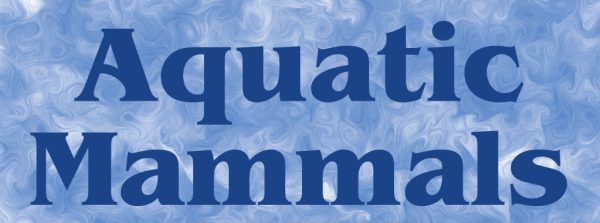Abstract: The Hawaiian monk seal (Monachus schauinslandi) is one of the most endangered marine mammals on earth, with the majority (90%) of the population found in the relatively uninhabited Northwestern Hawaiian Islands (NWHI) and the remaining 10% in the heavily developed main Hawaiian Islands (MHI). Since 1998, the total population has declined 4%/y to ~1,100 animals. Despite this trend, the population in the MHI is increasing, with monk seals pupping at Kalaupapa National Historical Park on the island of Moloka‘i. Long-time human residents in Kalaupapa indicated that monk seals rarely used the beaches prior to 1997, and no births had been observed since at least 1941. Since 1997, a total of 53 pups have been born, with births increasing at an average annual rate of 26.6%. Reproductively active females born at Kalaupapa exhibited a 55.6% site fidelity. Spatially, monk seal density was higher on sandy beaches (2.0 monk seals km-1) than basalt (0.3 monk seals km-1) habitat. Temporally, monk seal density was highest during the late spring and early summer due to the presence of mother-pup pairs. After weaning, monk seals also used adjacent basalt habitat and typically moved away from Kalaupapa at the onset of winter; since 2009, monk seal sightings have increased throughout the year. Explanations for the emergence of the pupping area include suitable habitat characteristics (e.g., protected shallow water habitat, high prey abundance, and low predator/competitor abundance), reduction of human activities (e.g., elimination of cattle in 1985, sparse [3.4 people km-2] and declining [90% since 1900] human population, and low public visitation [8,494 people y-1]), and a supportive community. Current management actions include habitat-use surveys, population studies, community presentations, and law enforcement patrols. Kalaupapa has become a productive pupping area for monk seals in the MHI, and the establishment of a birthing area provides hope for the survival of this endangered species.
Key Words: Hawaiian monk seal, Monachus schauinslandi, pupping, habitat, Kalaupapa
Document Type: Research article
DOI: 10.1578/AM.37.3.2011.319
Page Numbers: 319-325

